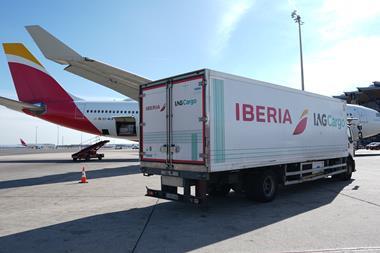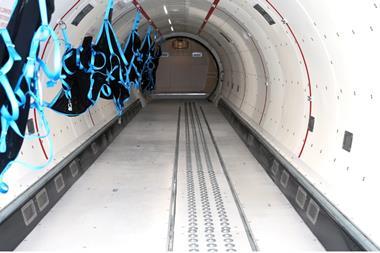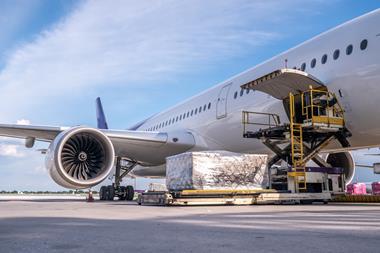If the future is all about data sharing and transparency, then traditional freight forwarder IT systems are not the natural place to start, according to Moritz Claussen, co-founder of online booking platform cargo.one.
“They were designed to be secure, not to share data,” he explained to delegates at the Air Cargo News Conference 2019. “And many of the larger players have grown by absorbing other companies so sometimes they find it difficult even to share data internally. The industry is not really ready to do e-commerce – it is not fast or transparent enough.”
He said that the more data that can be gathered, the better the forecasts and the greater chance of reducing the spikes in demand and pricing.
Another member of the panel, Boris Pernet, chief executive, Upply, said there are many partners in the supply chain who are not necessarily all going at the same speed in terms of transparency. “Sharing information is critical but same people are still reluctant and this creates disconnects.”
He added: “Offer and demand is not matched very well so one or both sides is not responding to need. If we do not resolve these issues someone else will do it.”
Jan van Casteren, vice president, Flexport, said the service needs to be about more than just giving a rate and taking a booking. “Digitisation will help give customers options. And it will help us get better at forecasting so customers can run tighter supply chains and optimise when space is available.”
He said the top ten forwarders still have a relatively small market share so there is a lot of room for new entrants to come in and do things differently. “I don’t really like the word ‘disrupt’ but we do need change and a lot of investment to reflect the sheer scale of what we are taking on.”
However, he stressed that the traditional forwarders should not be dismissed. “The newcomers are not bound by any legacy systems but they don’t have the expertise and infrastructure that the others have built up over many years.”
The three discussed the possibility of a peer to peer review system similar to those seen on consumer sites. It could be used for forwarders to rate customers as well as for airlines to rate forwarders.
They all agreed that with companies like Amazon and Alibaba, both with huge resources. pushing the boundaries, like it or not, a greater degree of data sharing needed to happen.










